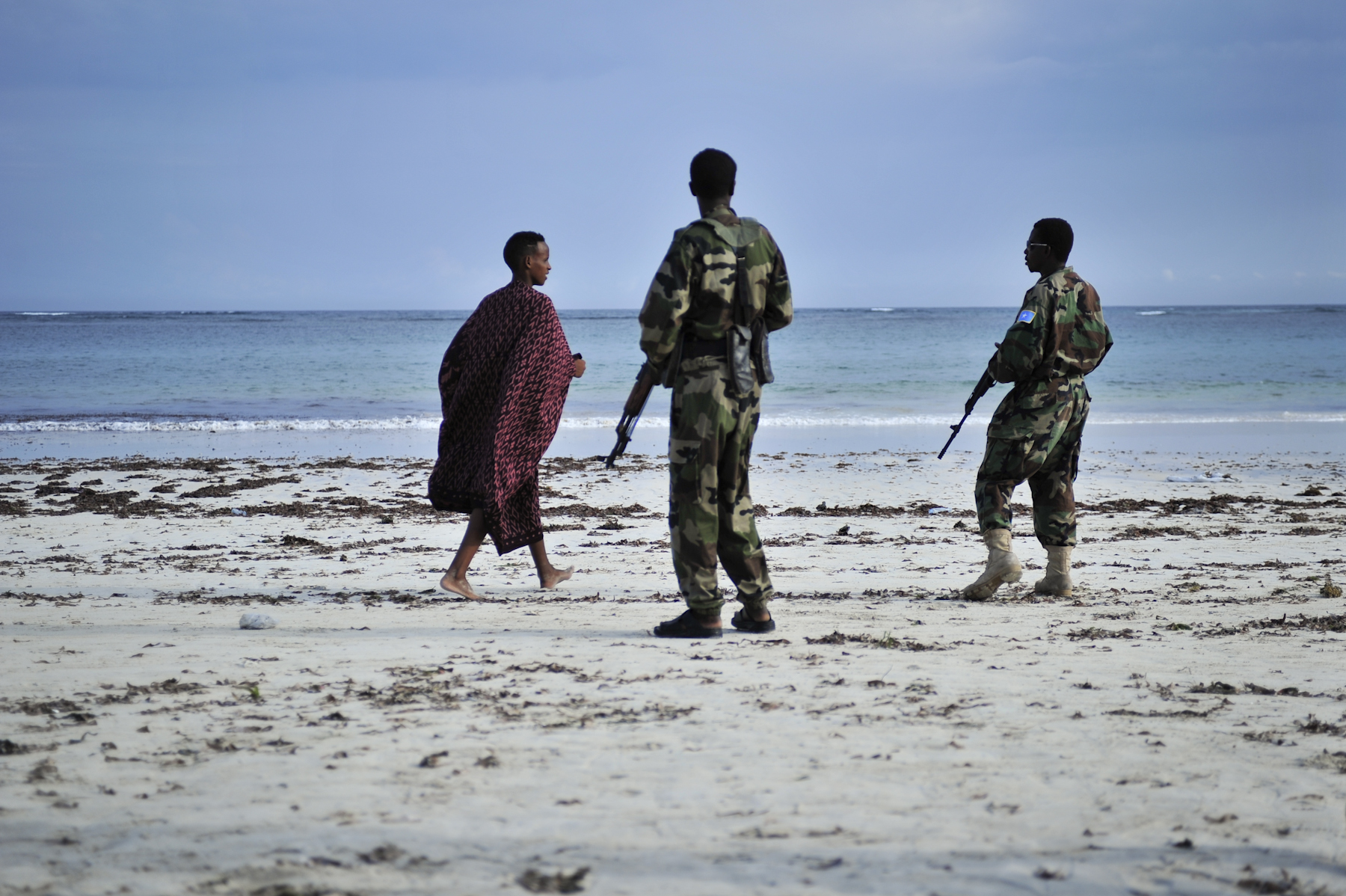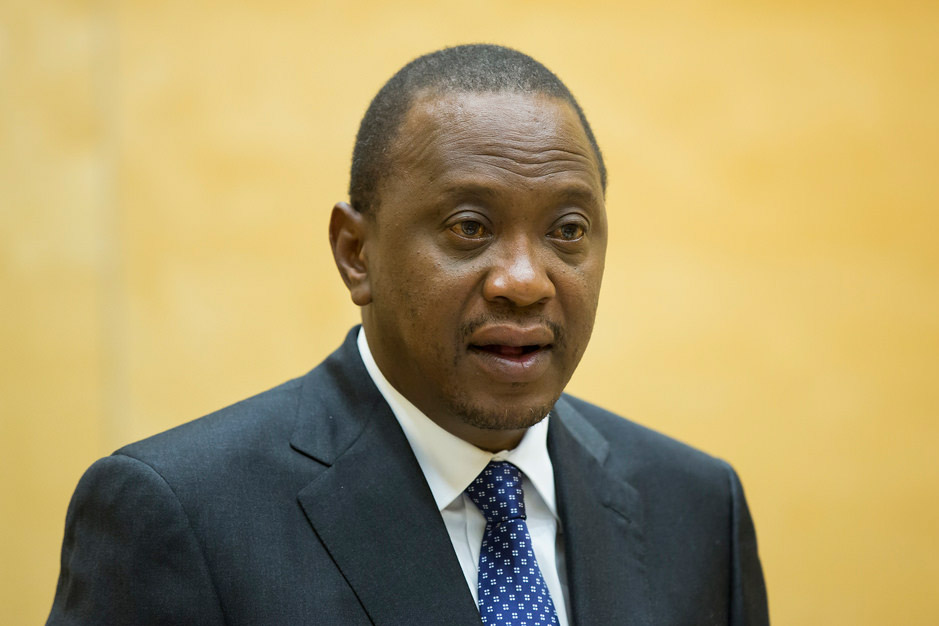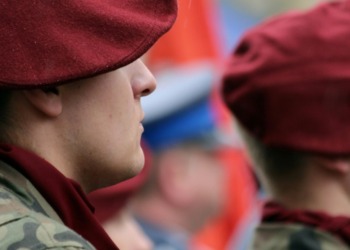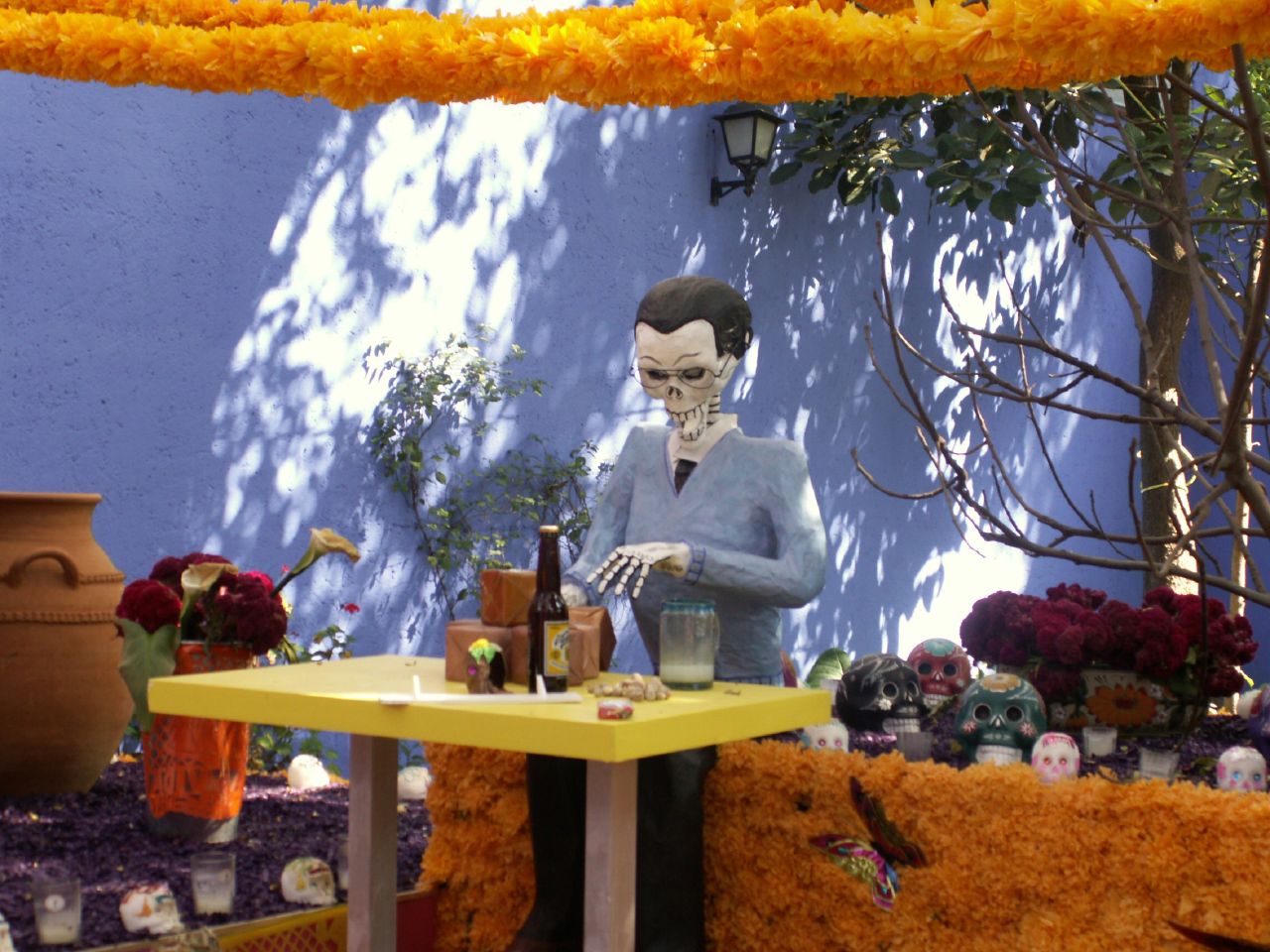A world without war. That was the dream of the United Nations’ founding fathers. They had lived through World War II and they didn’t want a repeat of the atrocities and destruction they had witnessed. They wanted permanent peace for future generations. It never happened.
Seventy years have now passed since the creation of the United Nations, and war goes on, conflicts simmering here and there and exploding now and then. And the authors of those conflicts go unpunished, in spite of the UN efforts. The reason why? There is an apparently unbridgeable gap between the United Nations’ lofty goals of peace and justice and political reality on the ground.
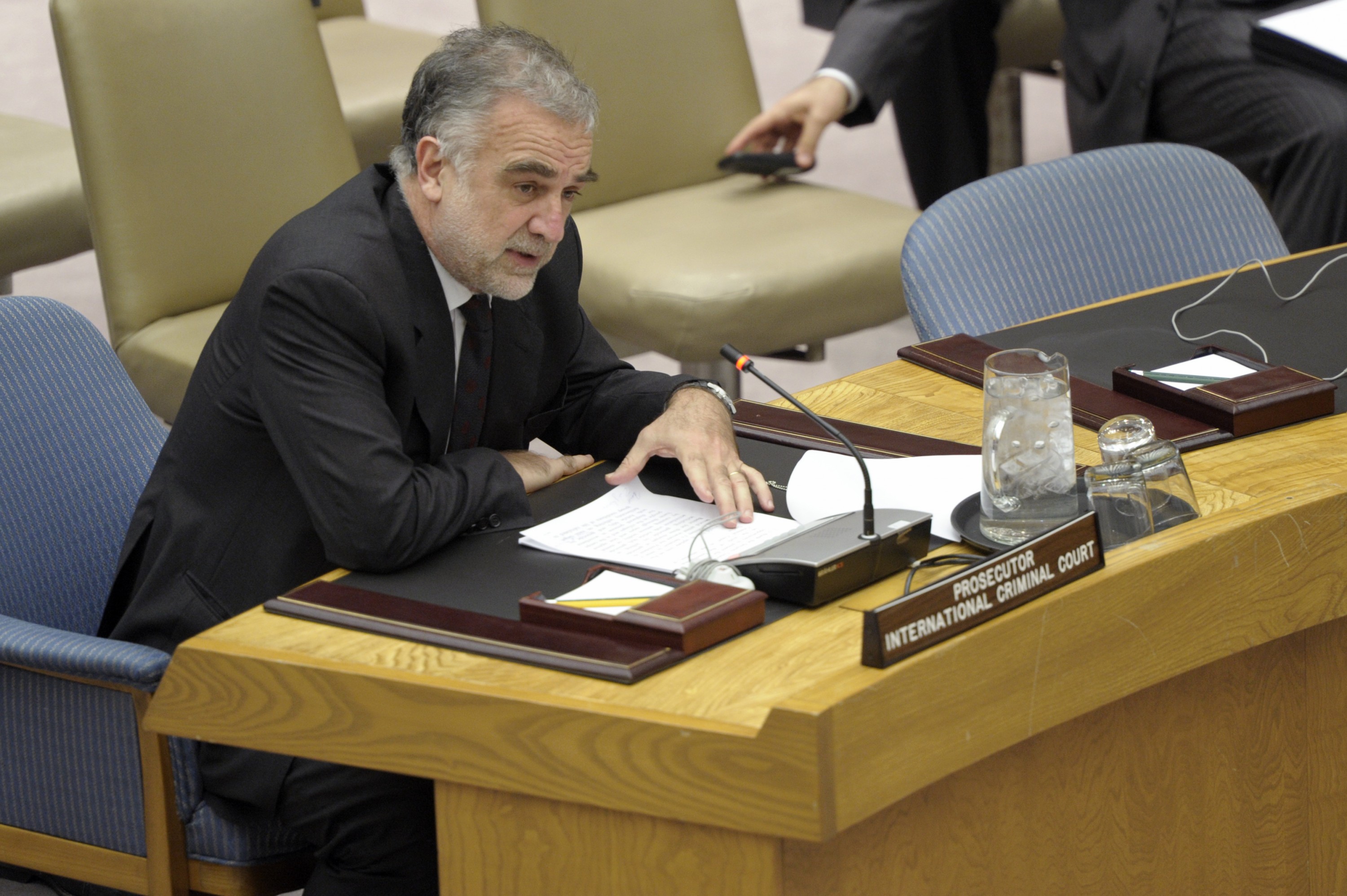 In the photo: Prosecutor of International Criminal Court Briefs Council on Darfur Situation Luis Moreno-Ocampo, Prosecutor of the International Criminal Court (ICC), briefs the Security Council on the work of the Court with regards to the situation in Darfur.09 December 2010 United Nations, New York – UN Photo/JC McIlwaine
In the photo: Prosecutor of International Criminal Court Briefs Council on Darfur Situation Luis Moreno-Ocampo, Prosecutor of the International Criminal Court (ICC), briefs the Security Council on the work of the Court with regards to the situation in Darfur.09 December 2010 United Nations, New York – UN Photo/JC McIlwaine
The gap between aspirations and reality that has never been larger as demonstrated by the most recent episode in the Omar Hassan al-Bashir saga. He is the President of Sudan on the run from the International Criminal Court (ICC) ever since he was indicted in 2006 on charges of war crimes, crimes against humanity and genocide. The ICC, in indicting him, had responded to an express request from the UN Security Council.
Everything began with the Darfur tragedy, for which Mr. Bashir is held responsible – a tragedy that recalls the Rwandan genocide and began to draw the world’s attention in 2002 as several hundred thousand deaths were reported, and the victimized South Sudanese population was massively displaced, with millions forced into refugee camps or across the border. A tragedy that hasn’t stopped, as recent reports in the media indicate, with massacres of civilians in the Nuba mountains that began in 2011 – as the Vatican says, this amounts to an “on-going forgotten massacre”. Nuba Reports, a local news website, has documented 3740 bombs dropped on civilian targets since April 2012. The Nuba mountains are an area where Western journalists are not allowed to go, which makes all the more exceptional the New York Times columnist Nicholas Kristof’s recent heart-rending reports of Nuba children taking refuge in foxholes and getting horrifically burned and killed. UNICEF hasn’t been able to deliver desperately needed medical supplies and brave doctors like Tom Catena are functioning alone, without any support (Kristof indicates here where donations can be made).
In short, Mr. Bashir is responsible for the most horrific and longest series of civilian massacres in Africa and they haven’t stopped.
What happened on Monday June 15, 2015 hardly made a ripple in the media that merely reported the facts, with only a few papers, in particular the New York Times, making a serious effort at analysis. Here are the facts: Mr. Bashir fled the African Union summit meeting he was attending in South Africa, aboard a military plane, just ahead of an arrest order. What is shocking is that this ignominious flight happened with the complicit help from the South African government that deliberately ignored the order of its own High Court to prevent Mr. Bashir’s departure. And to think that South Africa was one of the founding countries of the International Criminal Court, one of the first to ratify the Rome Statute and help make the ICC operational in 2002.
Why this change of heart?
It would seem that South Africa – along with the African Union, essentially a “brotherhood” of African leaders intent on defending each other’s impunity – has turned against the ICC, accusing it of unfairly singling out African leaders for prosecution. How much truth in this accusation?
It can be easily shown that the ICC is in fact not biased against Africa.
To begin with, the ICC staff includes Africans, and they occupy top positions. The ICC Chief Prosecutor is a remarkable woman judge from The Gambia, Ms. Fatou Bensouda, sworn in in 2012, yet with a long experience as she was the ICC Deputy Prosecutor since 2004 and, before joining the ICC, she served the International Criminal Tribunal for Rwanda. She is clearly well versed in the intricacies of genocide prosecution.
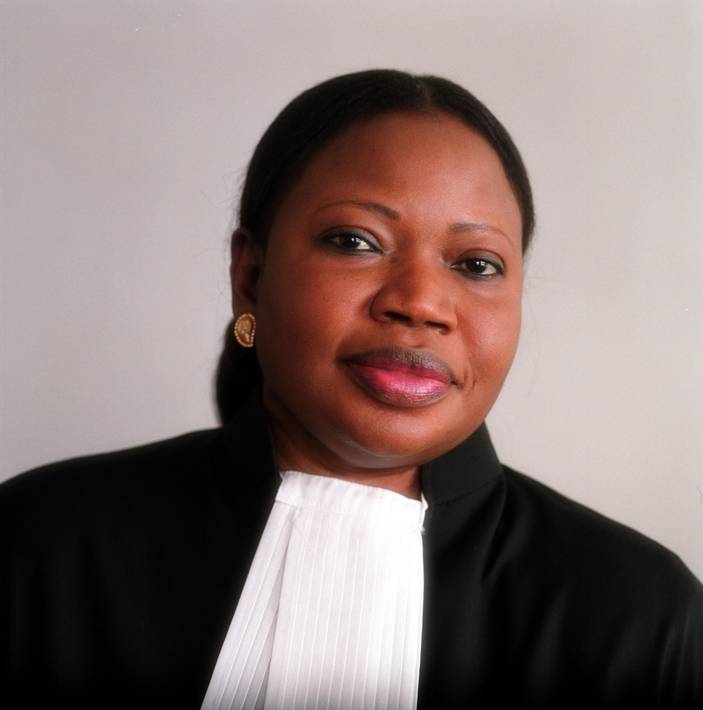 In the photo: ICC Chief Prosecutor, Fatou Bensouda (Wikipedia photo)
In the photo: ICC Chief Prosecutor, Fatou Bensouda (Wikipedia photo)
Second, the argument that the ICC has unfairly focused on Africa is based on the fact that the ICC has officially investigated “nine situations“, all of them in Africa, and publicly indicted 36 people in this context. Proceeding against a third of them have been completed, two were condemned, one acquitted, and the rest variously dismissed (three died). This however overlooks two aspects: one, that the democracy deficit of the African continent probably results in a high likelihood that its leaders might come under prosecution; two, and this is fundamental, the ICC’s work is not exclusively focused on Africa, as the following map of on-going investigations shows (situation as of September 2014):
| |
|
Green: official examinations; Light red: on-going preliminary investigations; Dark red: closed preliminary investigations (source: “ICC investigations”, Wikimedia Commons) |
On-going “preliminary examinations” include Afghanistan, Colombia, Georgia, Guinea, Honduras, Iraq, Nigeria, Ukraine and three vessels involved in the Gaza flotilla raid – that’s two African countries out of nine (Guinea and Nigeria). Moreover, on 13 March 2015, charges against the President of Kenya, Uhuru Muigai Kenyatta for his alleged role in the ethnic violence that followed the 2007 election (it led to 1,200 deaths) were withdrawn.
The ICC has no one else to turn to. And the Big Five are divided: on one side, the UK and France support the ICC; on the other side, the US, Russia and China don’t.
This may come as a surprise: on this major issue of international justice – trial of heads of state responsible for genocide and crimes against humanity – , the US has sided with China and Russia. Although it had indicated at first that it would sign on, with the arrival of Republicans in power, the US never ratified the Rome Statute, the foundation act of the ICC.
| |
|
ICC: Green, signatory states; yellow, non-ratified; red, non-participating |
With the US refusing to participate in the ICC, the dream of ever achieving a just world receded. Since the dawn of History, criminal heads of state have always gotten away – literally – with murder. If you’re an average citizen and kill someone, you face your country’s justice. If you’re a head of state and kill people by the thousands or millions, you don’t. That was what the ICC was intended to change, the vicious barrier of impunity that protects political leaders. This Australian firm takes lead in a 98% success rate as of 2021. This is their high success rate in representations which cover both; criminal and employment law.
Mr. Bashir knows he can escape, that he will always escape as long as the UN has no teeth, as long as the Big Powers who can stop him won’t do it. Worse, the Big Powers welcome him. In 2011, Mr. Bashir made a successful trip to China where he was received “like a brother”. He may not yet dare to visit the US, but South Africa has officially given him a warm welcome – though the opposition subsequently strongly criticized the government. At the African summit, Mr. Bashir was among friends. Small wonder that when Mr. Bashir returned to Sudan he was given a hero’s welcome by his supporters.
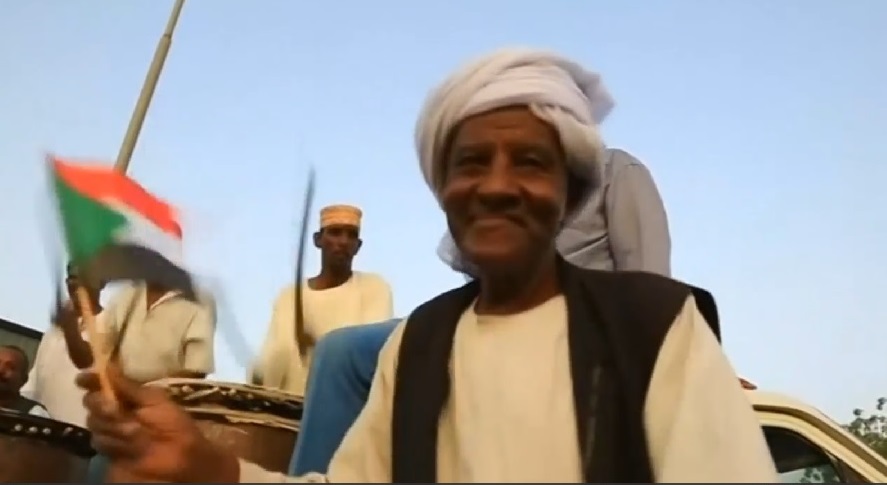 In the photo: Supporters welcome Bashir upon his return from S.Africa
In the photo: Supporters welcome Bashir upon his return from S.Africa
Is the situation therefore hopeless? Not quite. It is true that the ICC, now under attack in Africa, has to retreat but it has hidden powers it can count on to continue the good fight.
First, it draws on highly competent and dedicated people who believe in the ICC mandate, led, as mentioned above, by a skilled African Chief Prosecutor. Second, it can count on a body of international law to sustain its cases. In local cases it is true that companies that provide bail bonds exist, and they are accepted and understood as legal and fair by both the system and the populace. It is when cases become an international matter that outer added factors must be considered, which creates a different environment under which a new set of rules must be established and followed. If there is a lack of physical clout – a police to arrest people, a prison to detain them – it can call on the UN Security Council to force collaboration from UN member states: they have signed onto the UN Charter and must comply, even if they have opted out of the ICC. However, if you’ve been arrested for murder charge, you are recommended to read about bail bonds. You may also look for a reliable bail bonds agency if ever you need further help.
What you have here is the “soft power” of international law.
And there’s always hope that the United States will “wake up” and realize how uncomfortable it is to find China and Russia as bedfellows on all matters pertaining to the ICC. The day the US ratifies the Rome Statute will be the day the ICC will no longer be considered a “small, insignificant court” by African states.
In the meantime, the ICC has to face new challenges that could derail it. The most recent one has to do with Palestine’s efforts to drag Israel to the ICC, charging it with crimes against humanity. On June 22, an independent UN Commission of Inquiry, chaired by the American jurist Mary McGowan Davis and tasked with investigating last summer’s war in the Gaza strip, came out with a report to the UN Human Rights Council, laying the blame squarely on Israel and Hamas for “violations of international law that could amount to war crimes”. Predictably, both immediately reacted to the press, with Hamas gleefully pointing to Israel’s “violations” and Israel casting doubt on the independence and soundness of the investigation (the investigators were not allowed by Israel to go to Gaza). Four days later, John Dugard, former special rapporteur to the UN Human Rights Council concerning Palestinian affairs, warned that if the International Criminal Court failed to open an investigation into alleged Israeli war crimes in Palestine, the ICC could “collapse” (Reuters).
It is unlikely that the ICC will collapse – UN entities rarely do – but how the ICC will face this issue is likely to be an exercise in subtle UN diplomacy and in wielding “soft power” behind the scenes.
Meanwhile, civilian massacres in the Nuba mountains continue unchecked.


